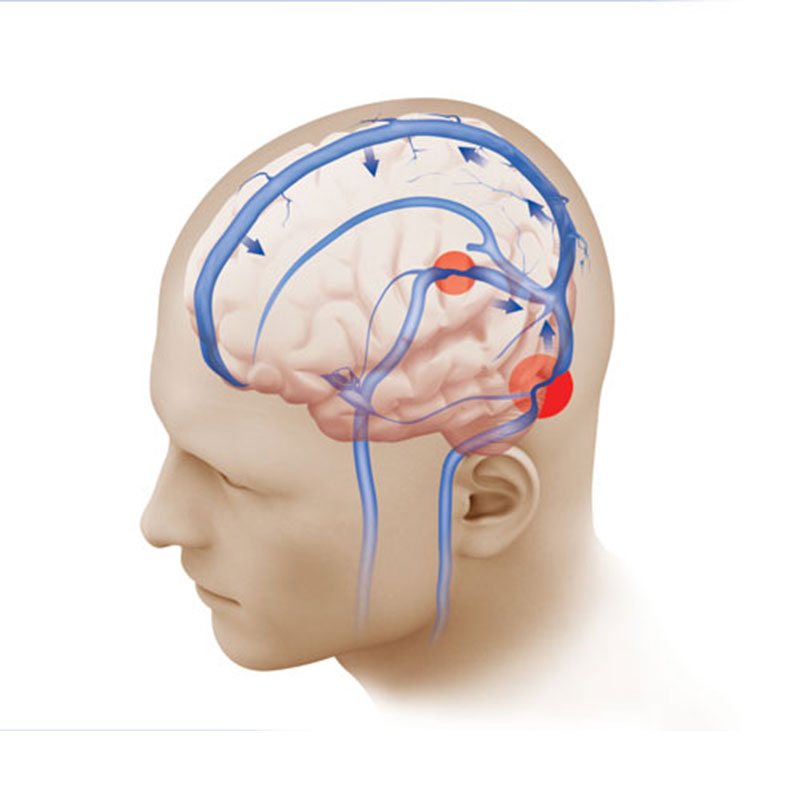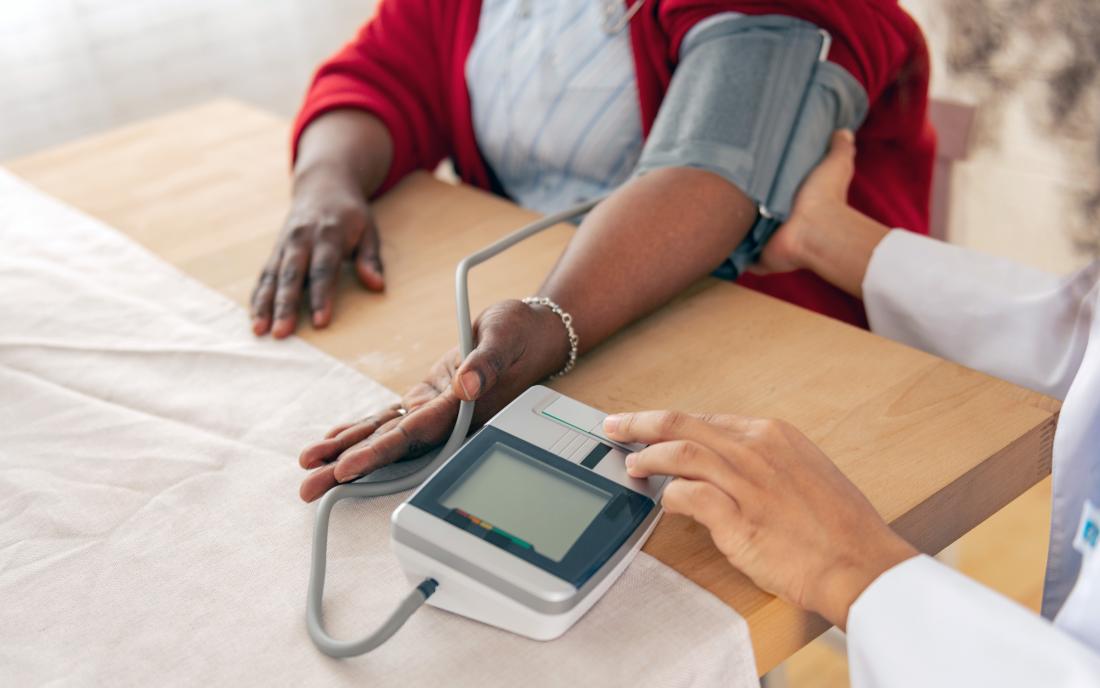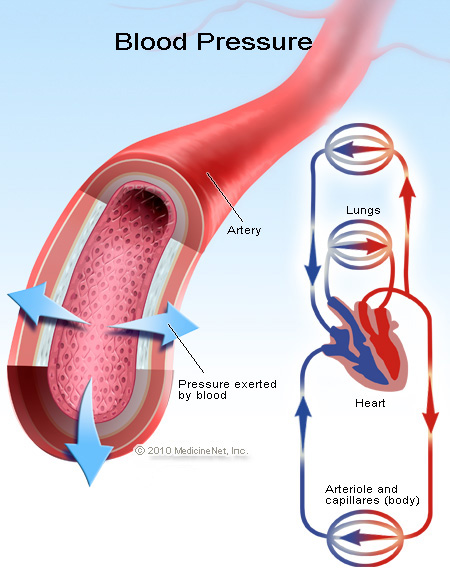High blood pressure, also known as hypertension, can cause problems in your health without you even knowing. You might feel fit and healthy while high blood pressure slowly injures your arteries and damages your cardiovascular system. This insidious presence is why high blood pressure has earned the nickname “the silent killer”.
What Is Blood Pressure?
Your cardiovascular system runs on a pump (your heart) and pipes (your arteries and veins). Blood pressure is calculated by checking how much pressure your heart uses to push blood throughout your body. In some cases, blood pressure can rise temporarily due to exertion from exercise. Other times, stress can trigger high blood pressure.
By raising your blood pressure for short periods during stress or exercise, the body can get a boost of oxygen and nutrients much more quickly. Unfortunately, the heart can’t sustain a constant state of stress or anxiety, and an unhealthy lifestyle slowly clogs up the arteries with fatty deposits. These factors make the arteries less flexible, and the heart (pump) has to work even harder to get the blood flowing through the blood vessels (pipes) which are located throughout the body, and this increased work can take its toll on any organ in the body.
The only accurate way to know if someone has high blood pressure is to measure it. During a health assessment, a healthcare professional places a blood pressure cuff on a person’s arm and can check their blood pressure. At-home blood pressure machines are also available for people who wish to have their blood pressure readings taken at home.
A blood pressure reading shows two numbers, one at the top/first (higher number) and one at the bottom/second (lower number). This first number is systolic blood pressure, which shows how much pressure gets pushed against the arteries’ walls during a heartbeat. The second number is diastolic blood pressure, which indicates how much pressure is on the artery walls in between heartbeats when the heart is resting.
Why is taking knowing your blood pressure necessary?
Because without the appropriate management, high blood pressure can lead to severe complications like a heart attack, stroke, or heart failure.
Also because it can be a largely symptomatic disease, it is important to check your blood pressure regularly.
The signs and symptoms listed below tend to be later complications of high blood pressure. People experiencing these symptoms have possibly left their blood pressure uncontrolled for too long because they were not aware of what was going on in their bodies.
Vision Problems
High blood pressure injures blood vessels, which include the blood vessels in the eyes. Vision problems due to hypertension, which is called hypertensive retinopathy, may come in the form of blurry, double, or dim vision. High blood pressure, if left untreated, can even lead to blindness.

Blood in the Urine
High blood pressure can also damage the blood vessels in the kidneys. The kidneys filter waste from fluids in the body. If high blood pressure injures the kidneys’ blood vessels, it can result in microscopic particles of blood in the urine.
Irregular Heartbeat
An irregular heartbeat, also called a heart arrhythmia, can sometimes be caused by high blood pressure. These heartbeats may feel like a fluttering of the heart, racing of the heart, or beating too slowly. Although some cases of irregular heartbeats may have other causes, some instances can be a sign of high blood pressure.

Headaches
High blood pressure can increase pressure in the brain, creating headaches. Some people who have a history of high blood pressure have come to recognize headaches as a sign of the condition, taking their blood pressure or meeting with their doctor when headaches start to recur.

Confusion or Fatigue
The brain gets fed by tiny arteries branching throughout its mass. When high blood pressure affects or damages these arteries, it can limit the number of nutrients and oxygen the brain cells receive. If chronic high blood pressure isn’t managed appropriately, it could eventually cause infarction of the small blood vessels supplying the brain and this can lead to memory loss or dementia.

Shortness of Breath
Difficulty breathing, or shortness of breath, is a common sign of heart failure which can occur secondary to high blood pressure. The blood pressure from the heart to the lungs and back is called pulmonary blood pressure, and when the pressure in this area is higher than average, it’s called pulmonary hypertension. The system carries oxygen and nutrient-filled blood to the heart, which is pumped out to the body. Pulmonary hypertension restricts the amount of fresh blood that is distributed to the body, causing difficulty breathing.

Pulsatile Tinnitus
The sound of blood rushing through the ears, in rhythm with the heart, can sometimes be heard by a person who has high blood pressure. Called pulsatile tinnitus, high blood pressure can cause blood to rush through the carotid artery, causing a whooshing sound in the ear.

It is best to check your blood pressure at least every two years, if it is normal. And if not you should follow the recommendations of your physician. If you wait until you start to experience any of the above symptoms, the damage may already have been done.







